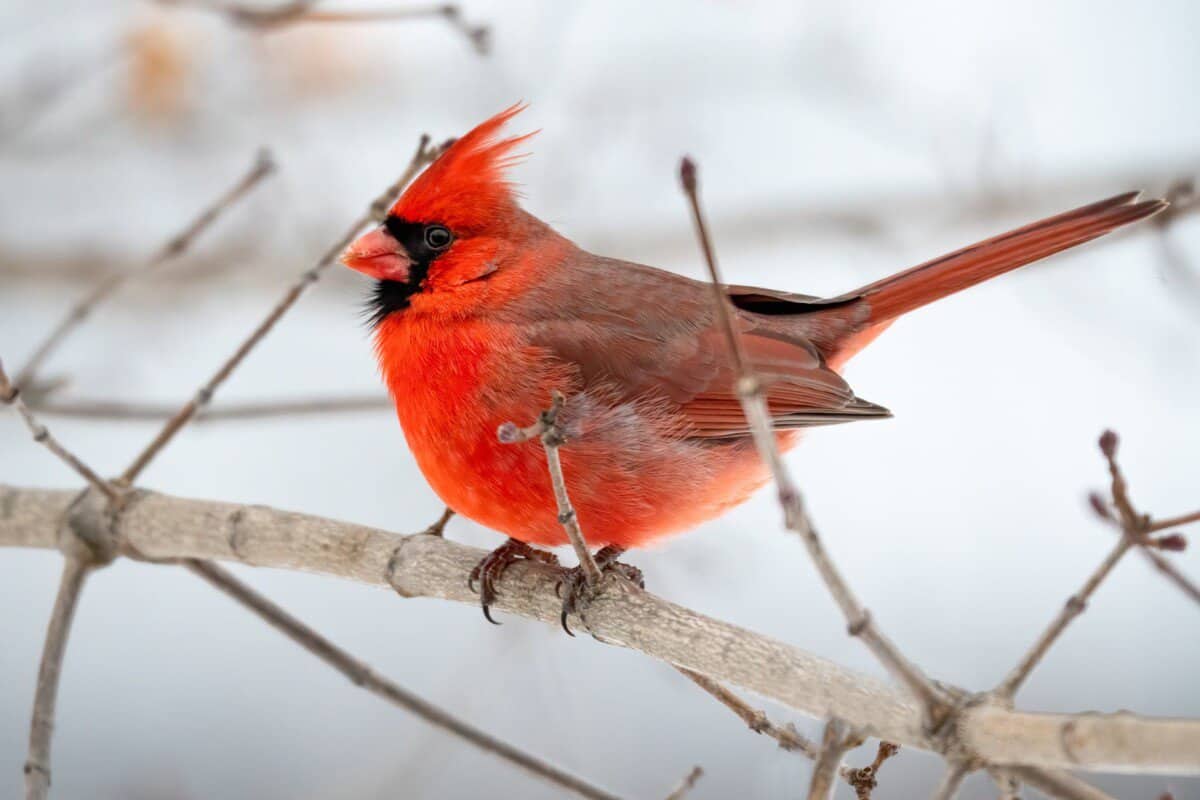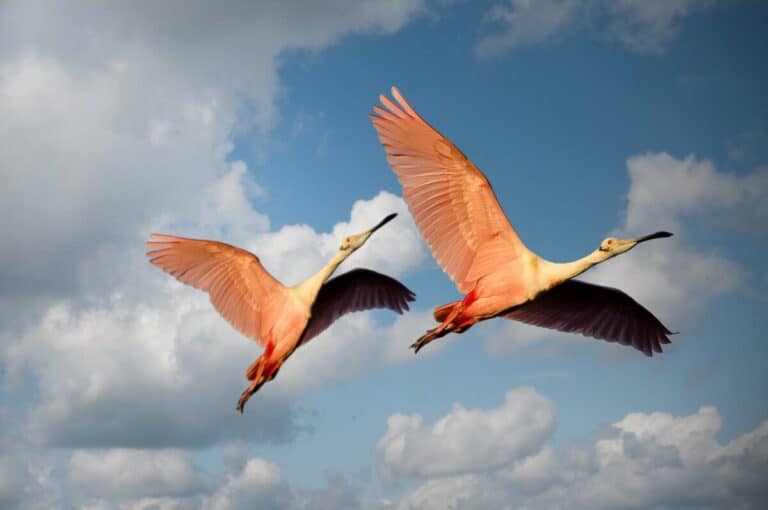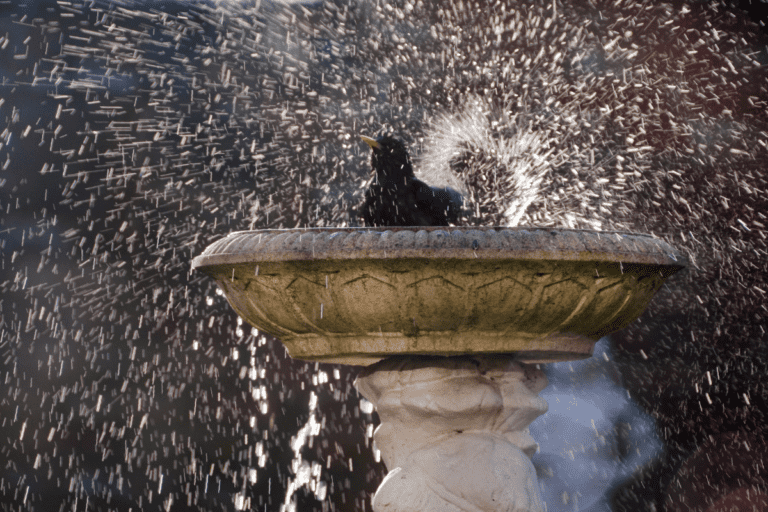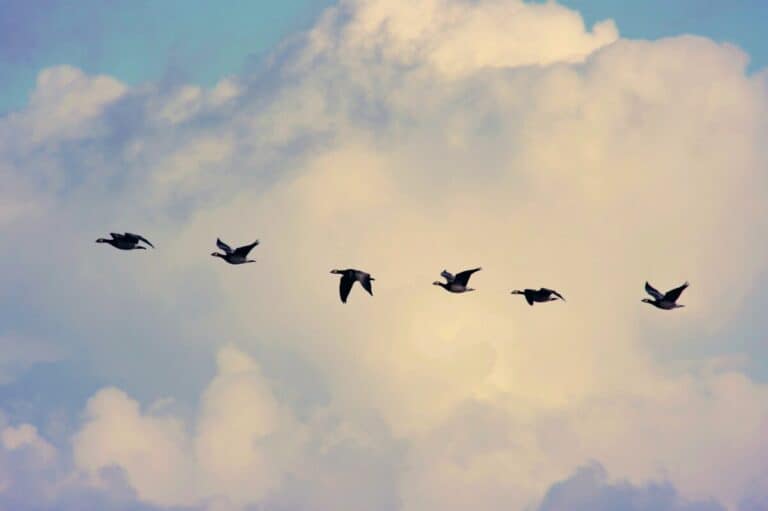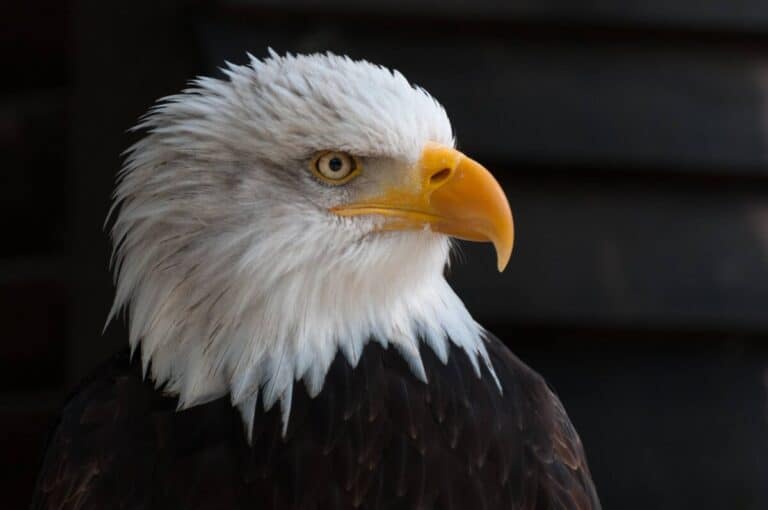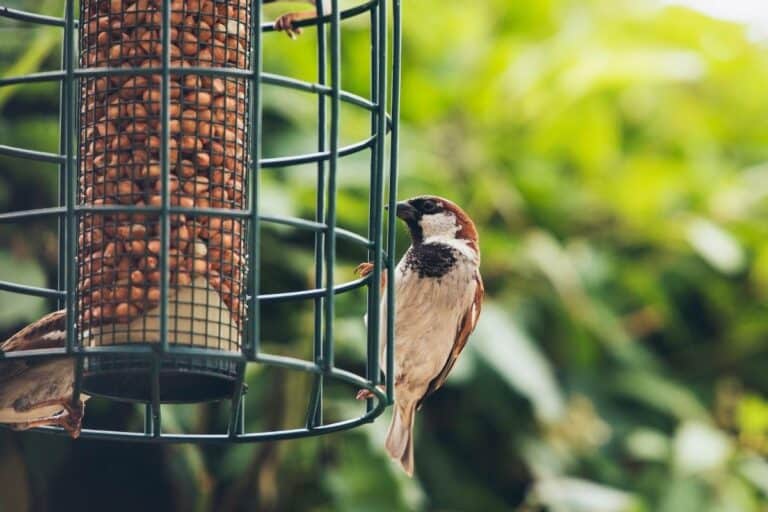Birding vs Bird Watching (With Simple Comparison Table!)
We’re reader-supported; we may earn a commission from links in this article.
I remember once when I was out with my binoculars and couple of friends who loved to look at the birds in my area. Then I casually asked some other people who were standing around with their big cameras: “You guys here to bird watch?” They simply gave me a look and said, “No, we’re here to bird.” I mean, that left me absolutely confused as I was just beginning to get into knowing more about birding/bird watching. So, I did a little research online on the difference between the two terms “Birding” and “Bird Watching”. Here’s what I found and can share with you:
What’s the Difference Between “Birding” and “Bird Watching”? It’s a matter of their different levels of commitment. Birders are more dedicated and intense in their pursuit of birds throughout their lifetimes, while bird watchers tend to be more casual. Birders are more commonly seen with more enhanced gear as compared to the more budget-friendly casual bird watcher. More often than not, birders will get slightly offended when they are accidentally referred to as bird watchers.
Well, now that we all know what the difference is between Birding and Bird Watching, what specifically do birders and bird watchers do that make them so different?
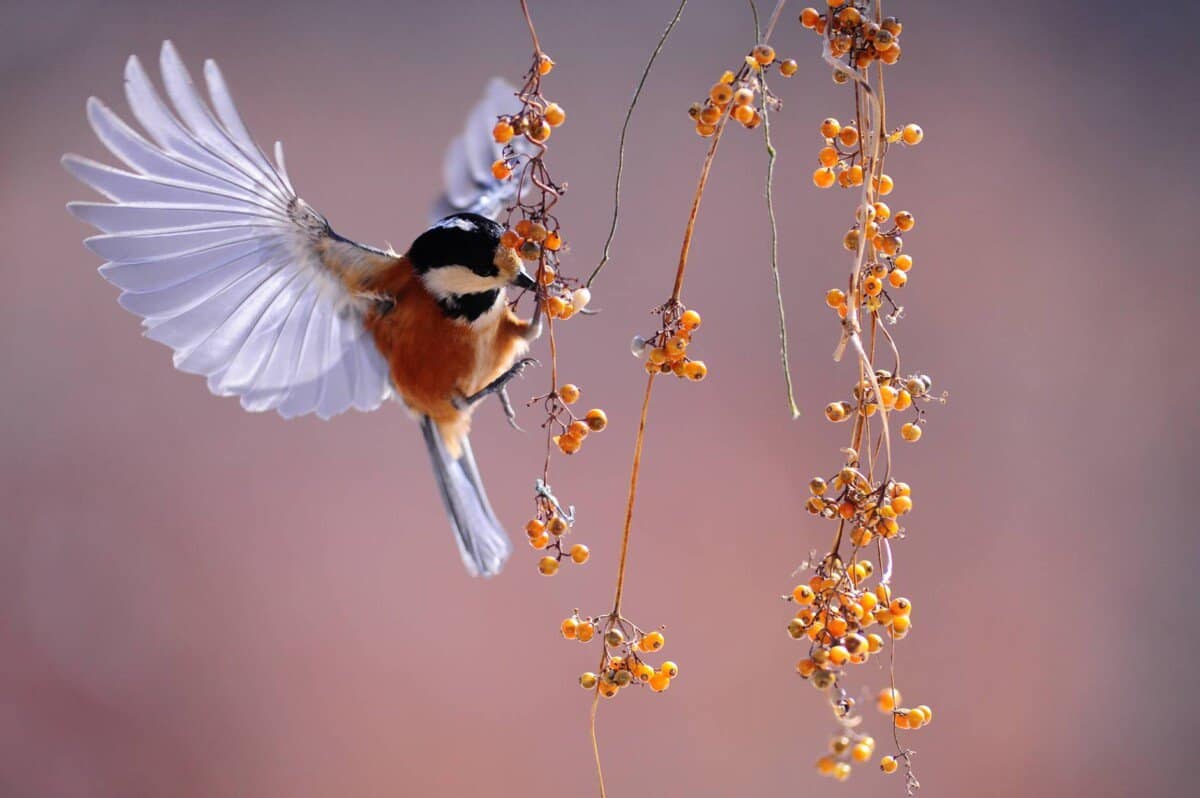
Birders Versus Bird Watchers
While birders and bird watchers have their differences, some may be quick to say that birders are just more passionate hobbyists than bird watchers. I have gone a little deeper in my research on the web to find out more on what really makes them different.
| Birders | Bird Watchers | |
| Time Commitment | High | Low |
| Competitiveness | High | Low |
| Type of Pursuit | Active | Passive |
| Financial Costs | High | Low |
Time Commitment:
Oftentimes, birders are known to chase down birds over miles to follow a sighting that they may have heard of from in their community. They are often willing to simply hop into their car and head off to their destination 2 hours away, just to see a vagrant bird! While this may seem silly to casuals such as the public and bird watcher, many birders take pride in their pursuit of rare bird sightings.
In fact, birders are know to spend their entire lifetimes growing their list of sighting birds in their region, country and for some, around the entire globe. That’s right, some even travel to foreign countries just to tick off more bird sightings off their lifetime list! This is often termed as a birding life list.
On the other hand, bird watchers really take it down a notch. They are casual onlookers and observers of birds. Most bird watchers are actually most people: people who happen to appreciate the beauty of the birds around our neighborhood. Therefore, these bird watchers do not spend time chasing and “hunting” down birds just to extend a birding life list.
The approximate maximum amount of time a bird watcher will spend on observing birds will be about only 5 minutes. Only 5 minute to observe the bird that landed outside their window. Or some may even stop to think about the bird that started to sing a beautiful song, then wonder to themselves: “I wonder what kind of bird is singing such a beautiful song?”, followed by proceeding to take a look at the bird just outside their porch.
Competitiveness:
Birders and Bird Watchers take on two very different notches of competitiveness. While it may not be very noticeable for the public eye, it is in fact quite distinguishable. Let me dish out the details:
Birders tend to be highly competitive in their pursuit of extension of their Birding Life List. For some, the act of birding and extending their list of the avian species is no longer just a hobby rather that of an elite sport. Many from all over the globe flock to competitions organized such as the cross-country “Big year”, or the highly competitive 24-hour New Jersey-based “World Series of Birding”. In addition to all these, there are those who choose to participate in smaller local events and birdathons too. In birdathons, birders compete to locate and identify bird species, whereby the fund raised will be channeled to bird conservation efforts both local and worldwide.
Bird Watchers, on the other hand take bird observation with much more of a slower pace. Bird watchers take their time to take in the beauty of the animal, while enjoying a little chase here and there. While bird watchers may have a little list of bird sightings that they keep as “medals” in their notebook, they not nearly as passionate as the birders, who passionately seek ways to extend and compete with other birders on the length of their list!
Type of Pursuit:
Birders and bird watchers alike both enjoy the pursuit of birds, as some sociologists may attribute this incredible drive to ‘hunt down’ as many birds as they can is related to our Neanderthal ancestors.
Birders would often engage in active pursuit, where some may even book a plane ticket to fly overseas to attend a birdathon or to witness a rare bird species. In general, birders engage actively with the sport of birding. Birders will go to the bird’s location to find them and identify them.
Conversely, bird watchers take on a more passive stance in their pursuit of birds. Most bird watchers will only take few short moments to attempt to identify the species that commonly lands on their neighbor’s bird feeder in their lull time, but their interest in the hobby/sport will never extend beyond that. They are simply okay with the just having a slight interest in the topic of birds, but they never take it to the next level to develop a deep interest.
Financial Costs:
Birders are often seen decked out in camouflage outdoor gear, boots, binoculars, a field guide, notebook, and with cameras that often look too bulky for a hobbyist. All these items are extremely essential to a birder, but they are costly. The total cost of these can amount to $15,800 – $23,900! Now that may seem to some like a huge financial investment for just looking at birds, but to birders, it’s often money well spent.
Bird watchers are much more different in the way the spend their money for their hobby. Some don’t even bother to spend on it at all. Some may proceed to purchase a single good starter pair that usually costs between $75 and $100 on average, in order to peer further into foliage and observe more shy birds.
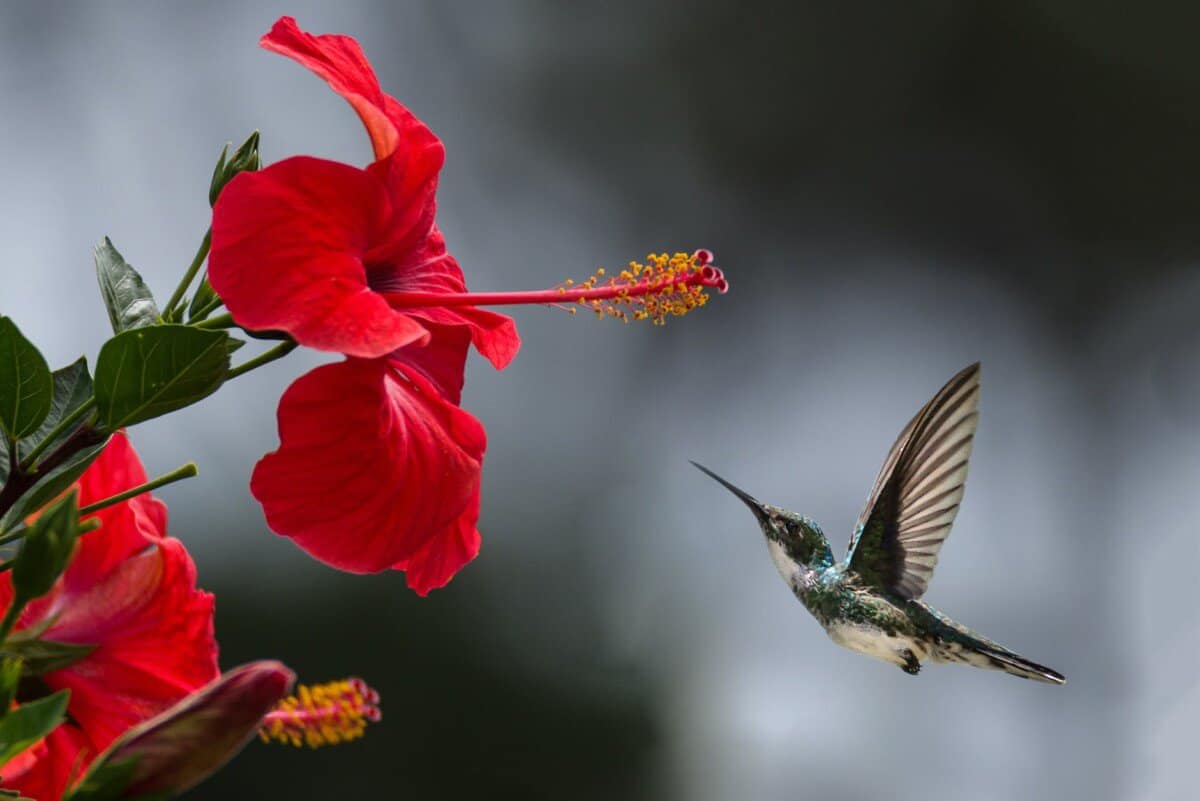
Related Questions
How Popular is Birding?
How popular is birding? Birding in growing in popularity rapidly. as one of the fastest-growing hobbies in the US. Approximately, 50 million Americans plan events to observe birds annually. In Canada, its population as a whole spends more time bird watching than gardening. Birding is now no longer used to be a hobby for retirees; it is also picking up among the younger generations as a pastime and as a serious sport
How Do I Go Birding?
How do I Go Birding? (1) Start being more aware of the birds around you. You may start to see that there have been birds all around as you make your daily commute to work or school. Don’t miss them! (2) Purchase a pair of entry-level binoculars. A pair of simple entry-level binoculars will go a long way in looking at faraway birds in the foliage. (3) Download bird identification apps like the Merlin Bird ID and eBird apps to assist you in logging down and identifying your sightings.
What Are The Perks of Bird Watching?
What are the perks of bird watching?
- You are forced to go out and explore the wet and wild world of nature. You may never know what’s out there that you may encounter, and by this, I do not just mean birds, but just plain beautiful views of nature.
- You get to interact with other passionate bird watchers out there. Meeting like-minded people can really feel like a breath of fresh air, and at the same time get connected with people from all walks of life.
- You become more detail-oriented. You will eventually train your eyes to become sharper to notice small birds shift in their nests above you. Slowly, you will also learn how to tell the different hues of blue on a common kingfisher.
- You become more conscious of our planet earth and may even get involved in conservation efforts. As you delve deeper into the world of birds, you may discover about the ecosystems the birds live in and understand the impacts of climate change.
My Recommended Birding Resources:
Hey there, Justin here!
Here’s a list of all my favorite resources, products, and brands I trust and love.
My Celestron Nature DX 8×42 Binoculars: It’s a great budget pair for beginner birders. Highly valued for its price! Read my review.
Safe Paint for Bird Baths Guide: Learn about non-toxic paint for painting bird baths.
Safe Sealers for Bird Baths Guide: Learn which sealers are safe for bird baths.
Safe Paint for Bird Feeders Guide: Learn what special care needs to be taken to paint bird feeders with the right paint.
Safe Paint for Birdhouses Guide: Learn about non-toxic paint for painting birdhouses. (Not the same as bird baths!)
Bird Identification Apps Guide: 2 of my favorite birding apps are Merlin Bird ID, and eBird Mobile! Merlin is great for tracking and identifying birds, and eBird Mobile is great for tracking the birds sighted when birding.
Check out my resources page for the full list of resources I recommend!

Justin Chia
Justin is the founder and author of Birding Outdoors. He is a Nanyang Technological University (NTU) alumnus with a Bachelor of Biological Sciences and a former data analyst.
Now, Justin runs the Birding Outdoors blog full-time, hoping to share his deep love for birds, birding, and nature with others.
To unwind, Justin enjoys gaming and reading.

